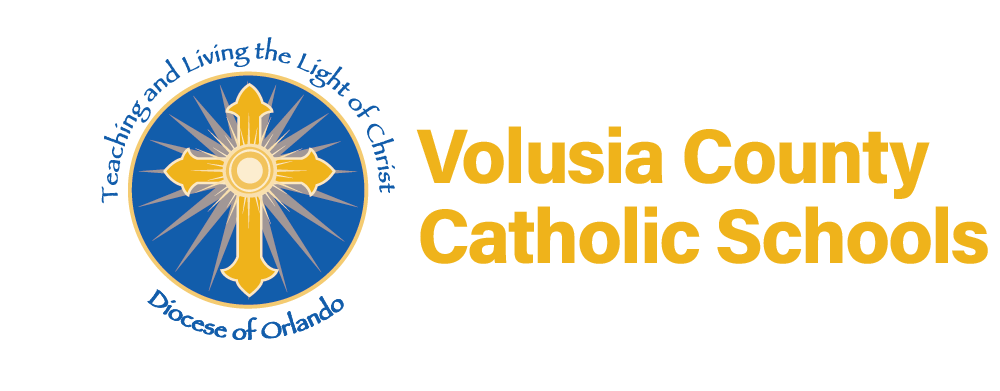Pope Francis speaks about education to students
Pope Francis addressed the importance of Catholic education on June 7 when he received several students from Jesuit-run schools in Italy and Albania in the Paul VI Audience Hall.In his address, Pope Francis wrote about how education should be more than just a place to expand intellect - that it should also be a place to learn compassion and magnanimity. He stressed that school should be a place to develop the whole child - mind, body, and spirit - and that teachers should try unique ways to reach students.Excerpts from his address are below:"School is one of the educational environments where one grows by learning how to live, how to become grown-up, mature men and women. ... Following what St. Ignatius teaches us, the main element in school is learning to be magnanimous ... This means having a big heart, having a greatness of soul. It means having grand ideals, the desire to achieve great things in response to what God asks of us and, precisely because of this, doing everyday things, all our daily actions, commitments, and meetings with people well. [It means] doing the little everyday things with a big heart that is open to God and to others.""School broadens not only your intellectual dimension, but also the human one. I think that Jesuit schools in particular are careful to develop the human virtues: loyalty, respect, and commitment. I would like to focus on two fundamental values: freedom and service. Before all else be free persons! ... Freedom means knowing how to reflect on what we do, knowing how to evaluate ... which are the behaviours that make us grow. It means always choosing the good. ... Being free to always choose the good is challenging, but it will make you persons with a backbone, who know how to face life, courageous and patient persons.""The second word is service. In your schools you participate in various activities that prepare you not to be wrapped up in yourselves or in your own little world, but to open yourselves to others, especially to the poorest and most in need, to work to improve the world we live in." Spiritual formation is the requirement for all this, and in the text he urges the students to "always love Jesus Christ more and more! Our lives are a response to his call and you will be happy and will build your lives well if you know how to answer that call. Feel the Lord's presence in your lives. ... In prayer, in dialogue with him, in reading the Bible you will discover that He is truly close to you. And you should also learn to read God's signs in your lives. He is always speaking to us, even through the events of our times and our everyday existence. It's up to us to listen to him."In his address, he also directed his thoughts to all the educators: Jesuits, teachers, workers in the schools, and parents. "Don't be discouraged by the difficulties that the educational challenge presents! Educating isn't a profession but an attitude, a way of being. In order to educate you must go out of yourselves and be amidst the young, accompanying them in the stages of their growth, standing beside them."In the text Francis asked them to give their students hope and optimism by teaching them "to see the beauty and goodness of creation and of humanity, which always retains the Creator's imprint. But above all, witness with your lives what you are communicating." He also reminded them that educators "impart knowledge and values with their words but it will be more influential on the kids if your words are accompanied by your witness, by being consistent in your lives. It isn't possible to educate without being consistent! ... School can and should function as a catalyst, being a place of encounter and convergence of the entire educational community with the single objective of shaping and helping [the students] to grow as mature, simple, honest, and competent persons who know how to love faithfully, who know how to live their lives as a response to God's call and their future professions as a service to society."In a section that he also spoke at the audience, he encourages the educators "to seek new forms of non-conventional education according to 'the needs of the places, times, and persons'." The text closed with the reminder that "the Lord is always nearby, lifting you up after you fall and pushing you to grow and to make ever-better choices 'with great courage and generosity', with magnanimity. Ad Maiorem Dei Gloriam." [For the greater glory of God, the Jesuit motto].

